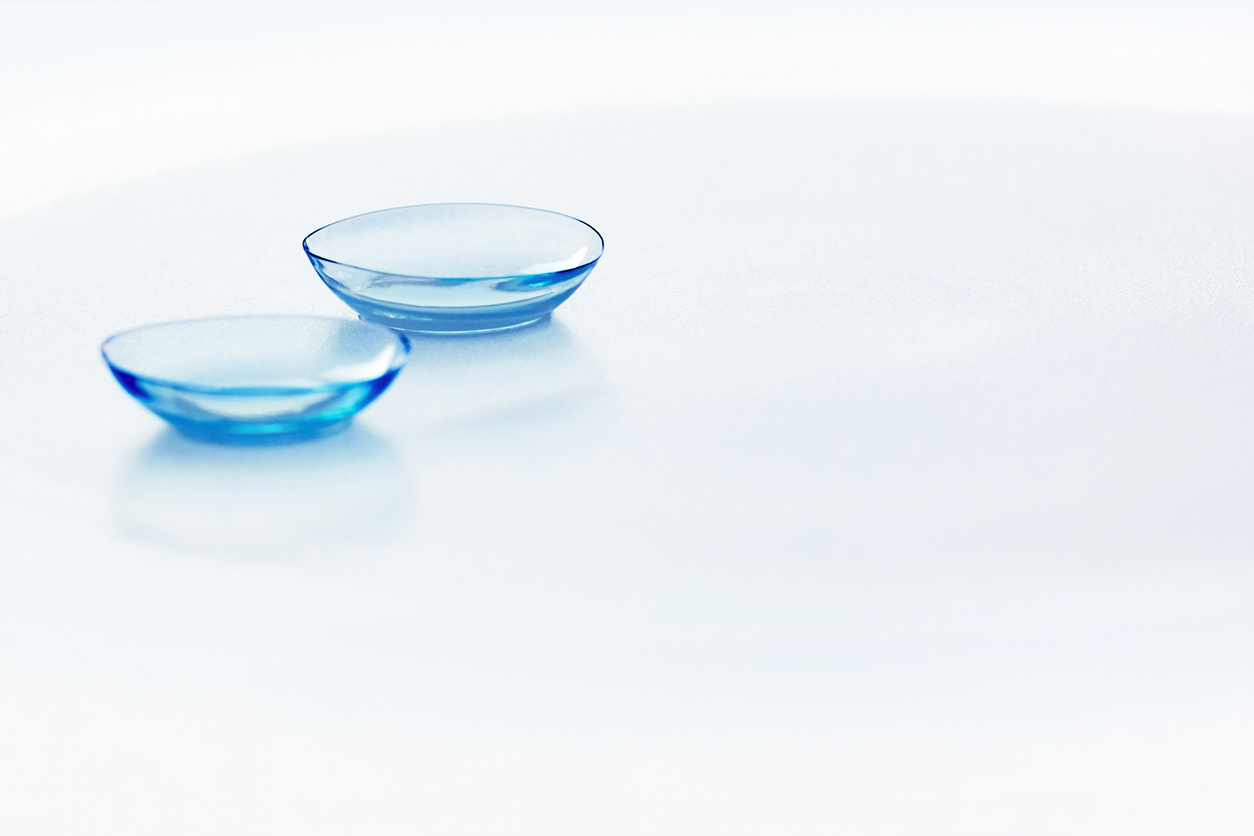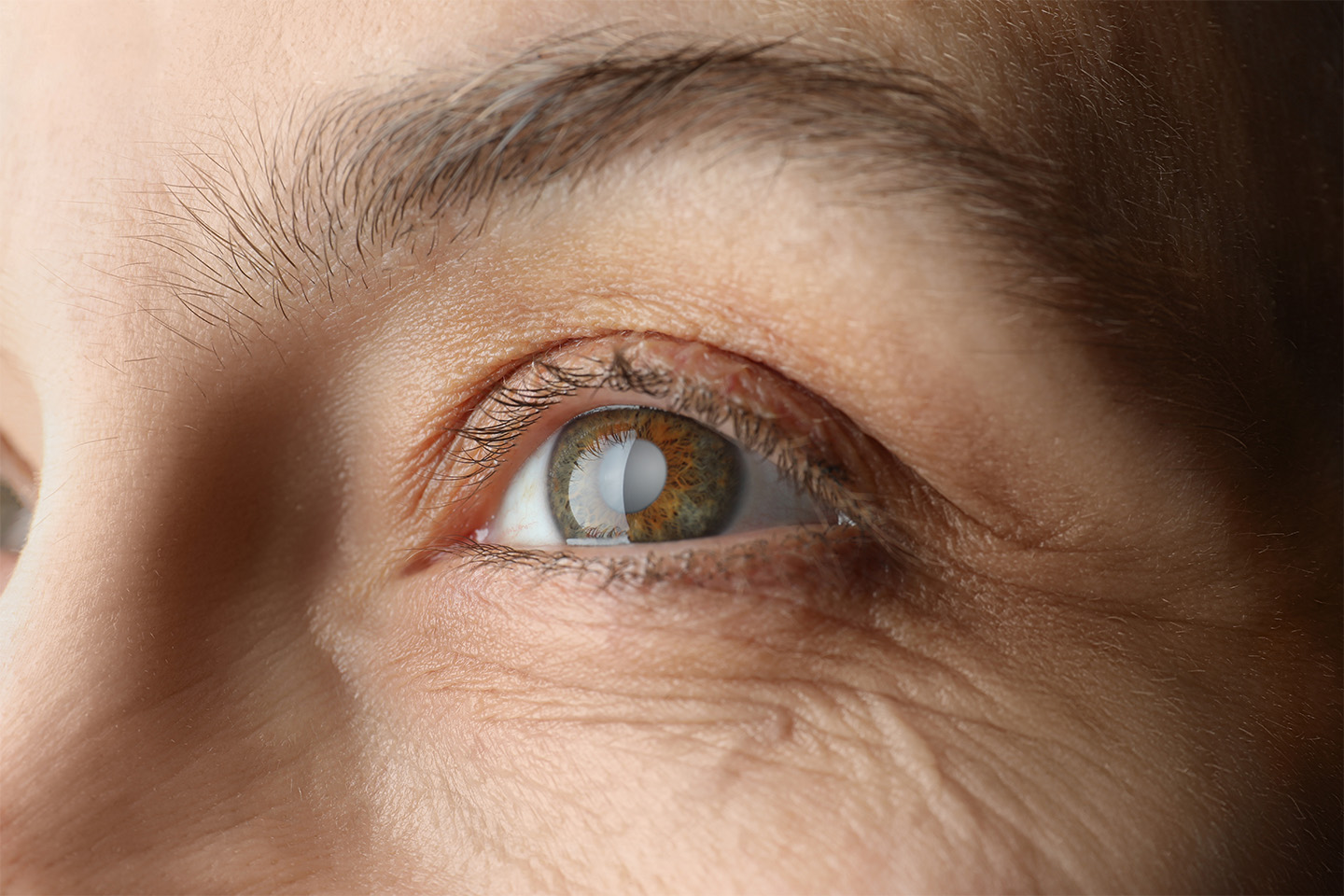Do Eye Doctors Recommend Daily, Weekly, or Monthly Contacts?

When deciding which kind of contacts are right for you, there are a few important factors to keep in mind.
For many people who need vision correction, contacts present a more convenient option than glasses. They tend to provide better peripheral vision, for instance, as well as better correction for conditions like keratoconus. They also aren’t affected by rain and weather in the same way, and you don’t have to worry about carrying around an extra pair of glasses when it’s bright outside.
There are a few different kinds of contact lenses to choose from, including daily, weekly, and monthly. As the name suggests, daily contacts can be worn for a single day. These lenses are thinner — which makes it easier for tears and naturally occurring deposits in your eyes to accumulate on the surface of the lens — so they must be discarded after each use. Weekly and monthly lenses are thicker, which makes them both sturdier and less prone to drying out. Unlike daily contacts, weeklies and monthlies require regular disinfecting with cleaning solution to keep the lenses moisturized and safe to wear. Some weekly lenses can be worn for up to two weeks, but be sure to confirm with your eye doctor before doing so.
Besides length of wear, here’s what you need to know about the key differences between daily, weekly, and monthly contacts.
The Pros and Cons
While no style of lens is inherently better than the others, there are a few factors to consider when shopping for contacts.
The first is upkeep, or what’s required to keep the lenses in good shape during the time that you wear them. Daily lenses obviously need the least amount of maintenance, as you open a fresh pack each morning and discard the lenses at the end of the day. If you rely on daily contacts exclusively, you’ll need to ensure that you don’t run out, as these lenses can’t be worn a second time.
Weekly and monthly contacts require a little more work. Most obviously, they need to be rinsed with clean contact solution each night. You should also rinse and dry your lens case each morning once your contacts are in your eyes, and the case should be changed out every three months. One thing to keep in mind is that you’ll need a constant supply of contact solution, which is especially important to remember when traveling. Paying attention to when you opened a new pack of contacts is also important so you can avoid overwearing them — which can cause irritation and, eventually, serious harm.
Convenience is another factor to consider. Daily lenses tend to be more useful when traveling because you can grab a handful and go, and easily bring back-ups in case you lose or tear a contact. You’ll need to be mindful of the number you bring, but you won’t have to worry about packing a case and solution. Further, people who are physically active or only need contacts for short periods of time often find that dailies are the way to go. However, if you spend most of your time in a controlled environment — or if you alternate between glasses and contacts more than once a day — weekly or monthly lenses could be a better fit.
The cost of contact lenses can vary based on a number of factors, from the brand and amount of lenses in the package to whether the lenses offer multifocal correction or color changes. That said, daily lenses do tend to cost more than the other options.
One last factor that can also affect which style of lens you wear is your prescription. Not all lens styles are available for all strengths of prescription, which is especially true for higher magnifications. Because monthly lenses are made of a hardier material, they’re able to provide stronger correction than shorter-term contacts. Some health conditions, like astigmatism or diabetes, can also have an effect on which contacts you’re able to wear.
See Clearly, Your Way
Daily, weekly, and monthly lenses can each get you back to seeing in crisp, vivid detail — ultimately, the decision comes down to your preferences and prescription. Contact us today at ICON Eyecare to schedule an appointment, and our team of expert optical specialists will help you figure out the best option for you and your lifestyle.
[DISPLAY_ULTIMATE_SOCIAL_ICONS]








